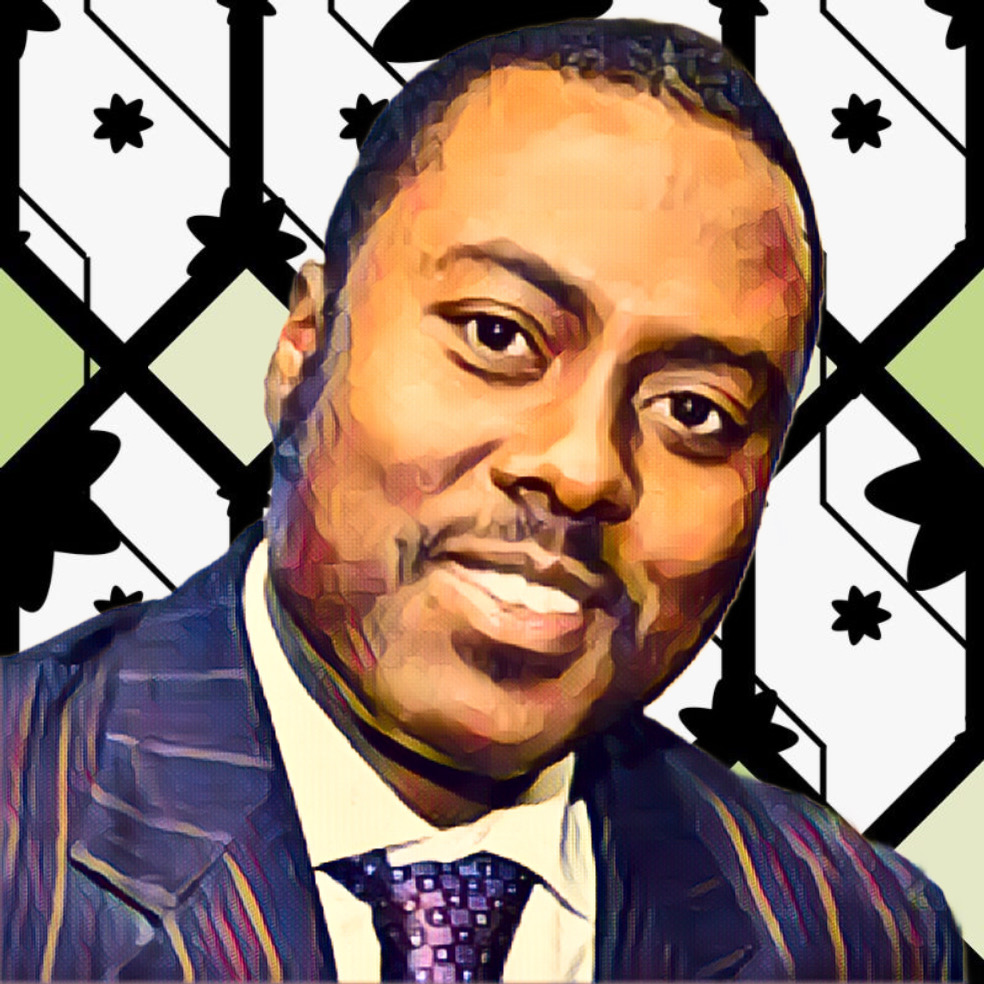South Africa’s Department of International Relations and Cooperation (DIRCO) has reaffirmed its belief that dialogue is the most effective way to address Zimbabwe’s ongoing political and economic challenges. The country’s willingness to mediate in Zimbabwe’s crisis comes as tensions escalate, with recent arrests of pro-democracy activists and opposition leaders drawing international concern.
South Africa Ready to Facilitate Dialogue
DIRCO spokesperson Clayson Monyela emphasized that South Africa has consistently advocated for peaceful resolutions to political conflicts through dialogue. He reiterated that the best approach to solving Zimbabwe’s issues is to bring all parties to the negotiating table, a role that South Africa is prepared to facilitate, as it has done in the past.
“We’ve always maintained the principle that political challenges are best resolved through peaceful means, and that means dialogue. So, that will be our position even now,” Monyela said, signaling South Africa’s readiness to assist Zimbabwe in finding a common ground.
The current political deadlock in Zimbabwe has been attributed by the opposition to the disputed general elections held last year. These elections were widely criticized by international observers, fueling the ongoing unrest and governmental clampdowns on dissent. South Africa, which played a key role in the 2009 mediation that led to Zimbabwe’s Government of National Unity (GNU), remains committed to helping its neighbor navigate through this turbulent period.
Calls for Change Amid Human Rights Concerns
As Zimbabwe faces increasing criticism over its human rights record, particularly concerning the recent arrests of political activists, there have been growing calls from opposition groups to move the upcoming Southern African Development Community (SADC) summit away from Harare. These groups argue that Zimbabwe should not host the summit due to its current political climate and the controversial human rights issues under President Emmerson Mnangagwa’s administration.
However, Monyela clarified that South Africa does not have the authority to influence such a decision. He explained that the determination of who hosts a SADC summit is deeply rooted in the traditions of the regional organization, and Zimbabwe, as the incoming chair, is set to host the event. The SADC heads of state are scheduled to convene in Harare on August 17, with Mnangagwa expected to assume the chairmanship of the organization.
“The determination on who hosts a SADC summit is a matter that is entrenched in the tradition of regional organization. Zimbabwe is the incoming chair of SADC; that means they host the summit,” Monyela noted, dismissing any speculation that South Africa could push for a change in the summit’s location.
Regional Stability and the Path Forward
The arrests of opposition figures like Jameson Timba, Namatai Kwekweza, and trade unionist Robson Chere have triggered widespread condemnation of Zimbabwe’s government. These actions have intensified the spotlight on Zimbabwe’s leadership as it prepares to take on a prominent role within SADC. Despite the criticism, South Africa’s stance remains clear: dialogue is the key to resolving Zimbabwe’s crises, and it stands ready to support any efforts towards peaceful negotiation.
The situation in Zimbabwe continues to be a point of concern for the broader region, with many hoping that renewed dialogue could lead to meaningful progress. As the SADC summit approaches, all eyes will be on how Zimbabwe navigates both its internal challenges and its responsibilities as the upcoming chair of the regional body.
Source: New Zimbabwe


